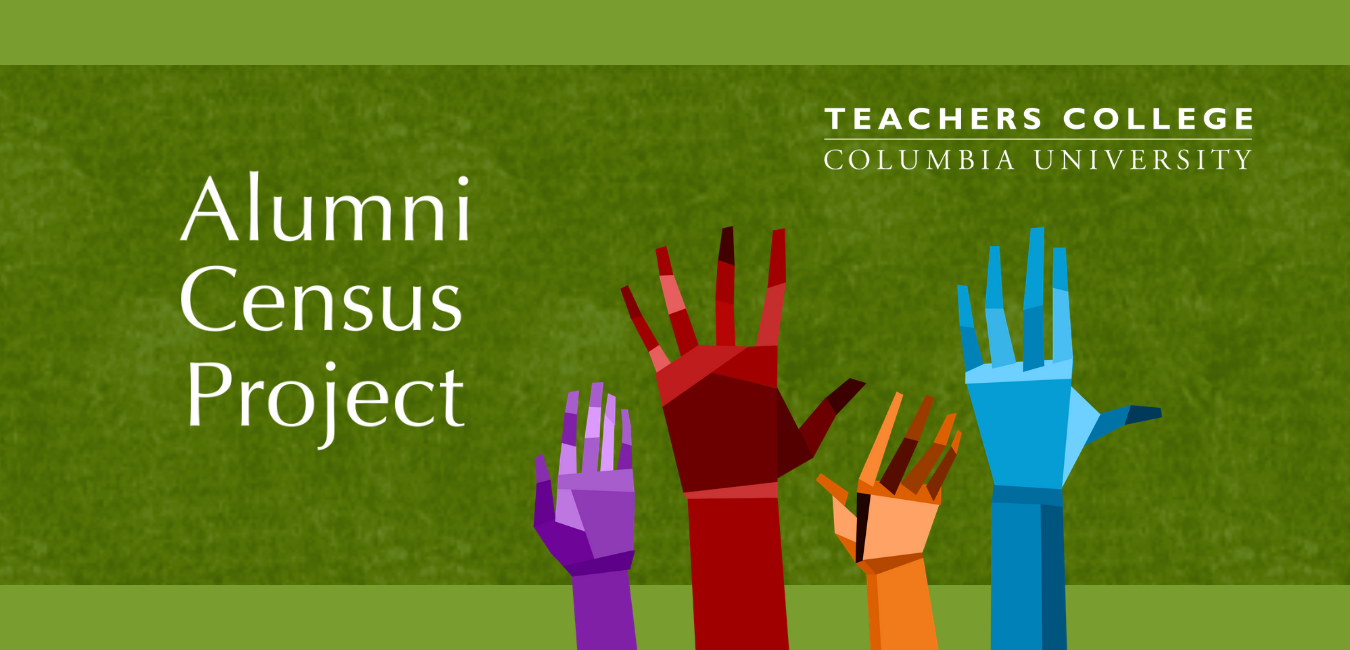
Advancing equity requires data. To know who you’re serving—through developing stronger and more complete demographic data—allows institutions to ensure their alumni programming both reaches your diverse set of alumni and better meets their needs.
Building a strong data set should be part of a higher education institution’s commitment to diversity, equity, inclusion, and social justice. This commitment extends to all aspects of the college or university, including alumni engagement. Gathering and analyzing demographic data —disaggregated by variables such as race, ethnicity, gender, ability, and sexual orientation along with others such as age and geography, will allow colleges and universities to illuminate effective strategies, gaps, and opportunities for impact of our engagement efforts.
How An Alumni Census Helps Advance Diversity, Equity, Inclusion, and Social Justice
Social science research, including some of it coming from The Tzedakah Lab, shows that people respond differently to engagement strategies and have different needs due in part to societal and institutional systems, policies, and history. Therefore, collecting comprehensive datasets makes it possible for institutions to build a more inclusive alumni program that is for all communities. You can do this through an Alumni Census.
In short, an Alumni Census can help an institution gain a better understanding of its alumni community so that more meaningful programs—that best represent all alumni interests—can be created.
The Tzedakah Lab Alumni Census Project
The Tzedakah Lab has launched an Alumni Census Project where we partner with institutions to create a strategic data plan. From that partnerships, institutions receive the following support:
- Assessment of current data in their alumni database
- Analysis of new data needs
- Management of newly collected data
- Comprehensive strategic plan in partnership with institution
- Custom Alumni Census that includes support with data collection
- Training for in-house staff to build capacity to best use this data to increase alumni engagement and giving.
Why engage in an Alumni Census?
Some may ask, don't most colleges and universities already have this information?
The short answer is yes and no. Many colleges have some demographic information on file, but much of the information in an Alumni Census has never been asked before. For example, in the past, institutions collected race and ethnicity in a way in which people had to select only one category which doesn’t reflect the current demographic makeup of the country and often puts alumni in a box they’re reluctant to tick. Through a Census, you honor people by allowing them to select multiple racial identities. By doing this, your institution is acknowledging that society’s understanding of identity has shifted where they are much more complex and fluid than simple data sets can show.
A more dynamic data-gathering strategy that already assumes complexity will allow for better information. For example, an alumni’s gender identity might have changed since graduation, or they might not identify within the gender binary. By developing a regular Alumni Census, you’re not only being respectful by honoring their identity by giving them the opportunity, but you also have a deeper sense of your alumni base.
Learn more about an alumni census project we completed to get a sense of the process and outcomes of this approach. If you are interested in learning more about the Alumni Census Project please contact us through this form.

Alumni Census—University of Rochester
Located in Rochester, New York, The University of Rochester is a medium-sized (12,000+ students) private university that prides itself on their focus on research and “long tradition of breaking boundaries.” The sense of roots in pushing the boundaries of education come out in the statement on their website: “always pushing and questioning, learning and unlearning.”